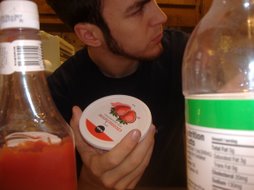John Owen lived from 1616-1683. He entered Oxford at the age of 12 where he was thoroughly trained in mathematics, philosophy, Hebrew, and more. As a teenager, Owen was known to study 12 hours a day. When he later married Mary Rooke, they had 11 children and only one lived to adulthood. Thousands of people would come to hear him preach every week. He wrote hundreds of sermons, doctrinal treatises, and theological volumes. However, his greatest work is his commentary on Hebrews.
When Owen’s exposition of Hebrews was published, it was 7 volumes thick and 4,000 pages long. As you can imagine, this took him some time. One can see how sweet the epistle was to his soul by some of his final words. But first, we must recall that Hebrews closes with a reminder that our God will never leave us or forsake us [Heb 13.5]. In Greek, this is a triple negative [“He will no not never ever….”]. The force of this clearly gripped Owen. The day before his death, he wrote to a friend:
I am going to Him whom my soul has loved, or rather who has loved me with an everlasting love – which is the whole ground of my consolation…. I am leaving the ship of the church in a storm; but whilst the Great Pilot is in it the loss of a poor under-rower will be inconsiderable. Live, and pray, and hope, and wait patiently, and do not despond; the promise stands invincible, that He will never leave us or forsake us.






No comments:
Post a Comment